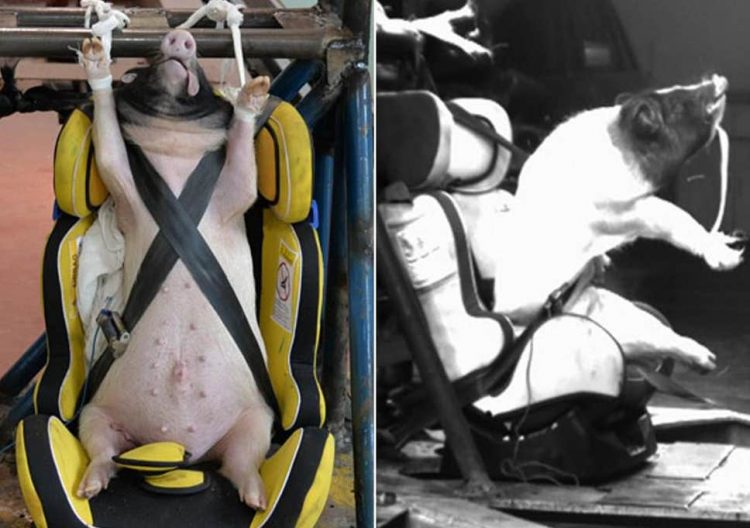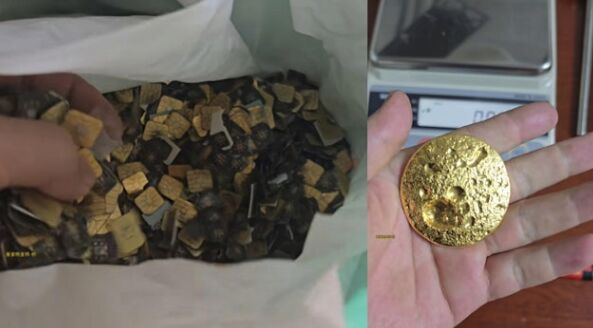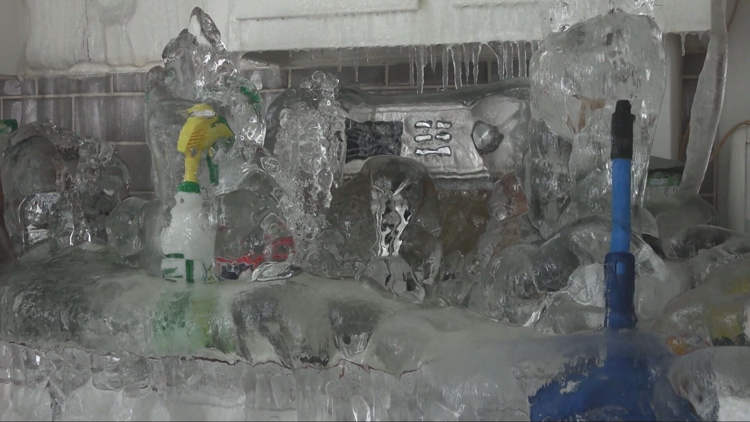Chinese researchers have come under fire for using live, immature pigs as test dummies in high-speed crash simulations that killed seven of them immediately.
Animal rights activists around the world accused the researchers of unnecessary cruelty, after it was reported that they had used fifteen live pigs as crash test dummies for a study. The animals were allegedly denied food 24 hours before the gruesome tests, then strapped in for high-speed simulations that caused them various injuries, including bleeding, laceration, fractures, abrasions and internal bruising. Seven of the pigs were killed instantly, while the rest survived for another six hours. Scientists then carried out meticulous autopsies to find out how the pigs were injured and killed.
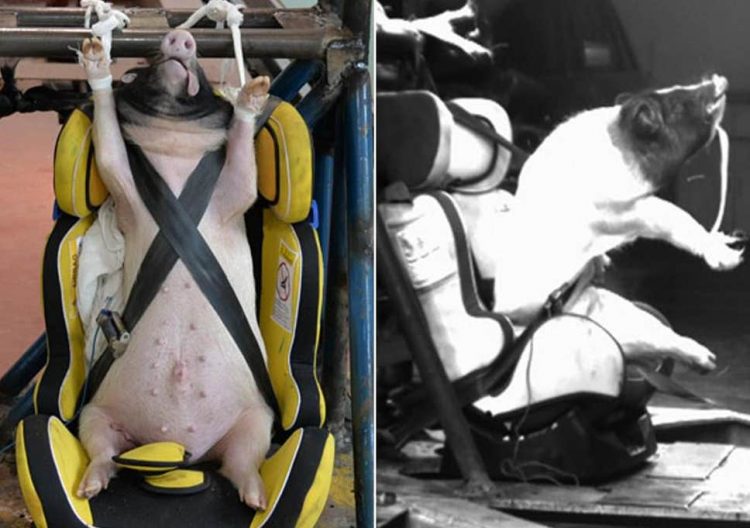
Photo: International Journal of Crashworthiness
The 15 pigs, which were between 70 and 80 weeks old, were placed in toddler car seats mounted on a sled and then slammed into a wall at speeds of up to 30 mph. Researchers justified the use of live pigs by saying that their anatomy was “similar” to that of human children. They were reportedly intended to “mimic children of six years old” in a series of car accidents.
The Chinese scientists insisted that their study had been approved by an ethics committee, and that they had followed US guidelines for the use of laboratory animals. Still, that did little to appease the outraged animal activists who slammed the study as animal cruelty.
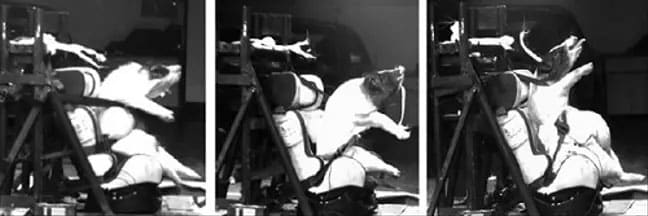
Photo: International Journal of Crashworthiness
“Despite the existence of sophisticated animal-free models, experimenters continue to fasten abused, frightened animals into car seats and crash them into walls until their bodies are bloody, bruised, and mangled,” PETA member Zachary Toliver said. “Pigs don’t naturally sit up in car seats. Their anatomy is also very different from that of humans, so the data obtained from these horrific animal experiments aren’t applicable to human car-crash victims.”
“Live pigs are pulverized in these tests, leaving them with broken bones and severe internal injuries before they’re killed and dissected,” Toliver added. “Car companies figured out years ago that these kind of experiments are worthless and tell us nothing about a human experience in a car crash.”
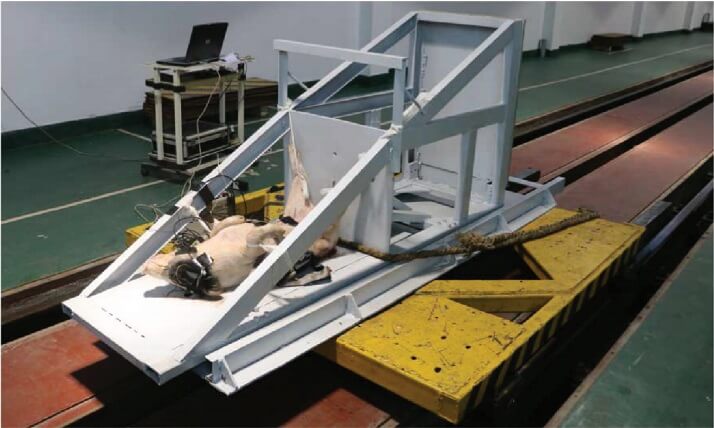
Photo: International Journal of Crashworthiness
It’s true that car companies used live animals in crash tests in the past, but they ceased such practices long ago. For example, General Motors announced it was stopping its live animal tests in 1993, following a series of protests by PETA.
Modern crash test dummies are highly advanced and mimic the shape and size of humans much better than animals, but they can also cost a few hundreds of dollars, which might explain the more cruel choice of researchers at the Institute for Traffic Medicine in China.

